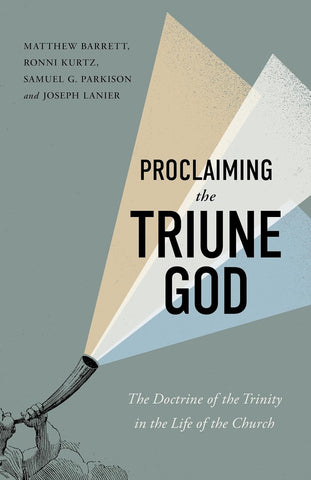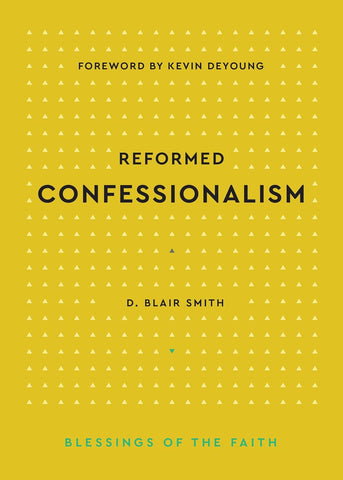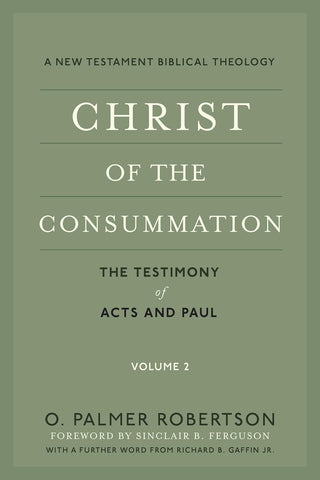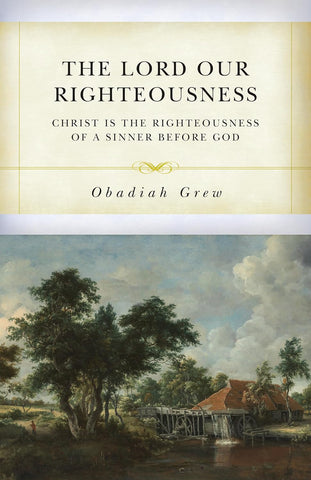Introduction: Experiences with Unpredictable Events
Part 1: The Sovereignty of God
1. The Bible as a Source for Knowledge
2. God’s Sovereignty
3. Unpredictable Events
4. Disasters and Suffering
5. Human Choice
6. Small Random Events
7. Reflecting on Creation and Providence
8. God’s Sovereignty and Modern Physics
9. What Is Chance?
Part 2: God as the Foundation for Chance
10. Regularities and Unpredictabilities
11. Trinitarian Foundations for Chance
12. Responding to Chance
13. Chance in Evolutionary Naturalism
14. Chance and Idolatry
Part 3: Probability
15. What is Probability?
16. Predictions and Outcomes
17. Theistic Foundations for Probability
18. Views of Probability
19. Subjectivity and Probability
20. Entanglement of Probabilities
21. Probabilistic Independence
22. Independence and Human Nature
23. Is God Probable?
Part 4: Probability and Mathematics
24. Pictures of Probability
25. Mathematical Postulates for Probability
26. Theistic Foundations for Some Properties of Probability
27. Limitations in Human Thinking about Events and Probabilities
28. Conclusion
Appendices
Appendix A: Why Gambling Systems Fail
Appendix B: The Real Problem with Gambling
Appendix C: A Puzzle in Probability
Appendix D: Interacting with Secular Philosophical Views of Probability
Appendix E: Permutations and Combinations
Appendix F: The Birthday Problem
Appendix G: Diseases and Other Causes
Appendix H: Proofs for Probability
Appendix I: Statistics
Appendix J: The Law of Large Numbers versus Gamblers
“Many think Calvinists simply reject the idea of chance, random events, and probability. But that is not entirely true. My friend Vern Poythress shows in this book that the God of the Bible—and of Calvin—is in fact the foundation, both of causation and of randomness in the world. Poythress is well-suited to develop this argument, with doctorates in both New Testament and mathematics, and as the author of important recent books on logic and science. I do not fully understand the mathematics of this book, but the theology is entirely biblical, and I can’t imagine a better place to start for readers interested in this subject matter.”
John M. Frame, Professor of Systematic Theology and Philosophy Emeritus, Reformed Theological Seminary






